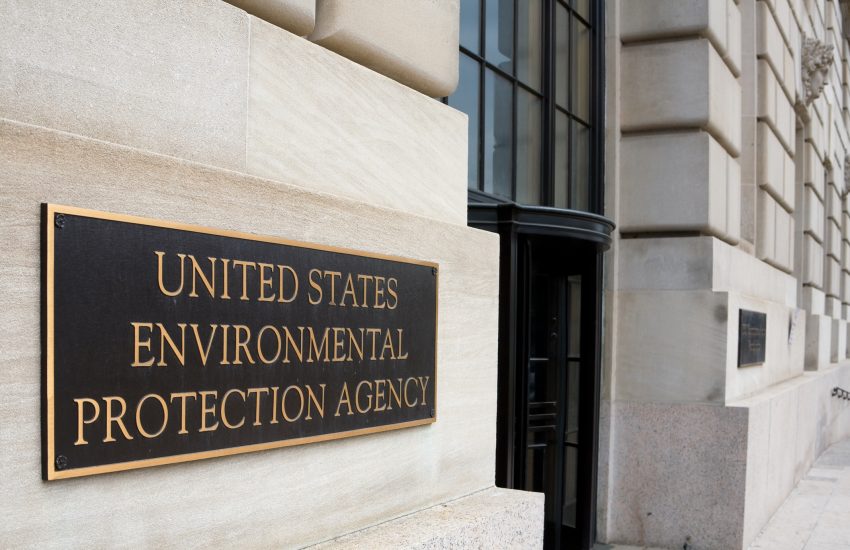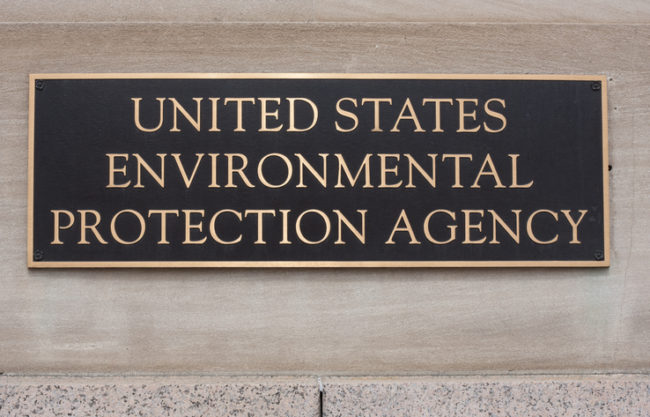The Environmental Protection Agency issued its final rule establishing biofuel volume requirements for 2023 to 2025 under the Renewable Fuel Standard (RFS) program on June 21. The Rule aims to reduce the United States’ reliance on foreign sources of oil by approximately 130,000 to 140,000 barrels of oil per day by requiring annual volumes of renewable fuels to be used in the fuel supply. While the EPA boasts that the rule reflects its ongoing efforts to “ensure stability of the program for years to come, …
Continue Reading









